'Made in Germany': Battery recycler cylib to scale strategic critical raw material production for Europe
cylib breaks ground on 236,000 sq ft industrial plant in Germany with an annual end-of-life battery recycling capacity of 30,000 tons
- The company is industrializing its market-leading proprietary technology for end-to-end recycling of lithium-ion batteries from successful pilot to industrial scale
- Embedded in the center of Europe’s chemical industry, the strategic location at Chempark Dormagen between Dusseldorf and Cologne offers ideal infrastructural and logistical scaling conditions
- The industrial plant is scheduled to commence operations in 2027, with a recycling capacity of 30,000 tons of end-of-life batteries per year
- The groundbreaking marks yet another milestone on lightspeed scaling trajectory after the successful closing of the largest funding round for a European battery recycler to date
- Battery recycling is critical to Europe’s supply of strategic critical raw materials for resilient battery infrastructure
September 9th, 2024: DORMAGEN, GERMANY - Sustainable end-to-end battery recycling firm cylib today breaks ground on its first European industrial plant located at Currenta’s Chempark Dormagen in the federal state of North Rhine-Westphalia, Germany. One year after the commissioning of its pilot line in Aachen, cylib is marking the start of its industrial scaling with the groundbreaking ceremony, which was attended by North Rhine-Westphalia’s Minister-President Hendrik Wüst.
Industrial scaling for a European circular economy
As part of the recent financing round - the largest in European battery recycling to date - cylib acquired a brownfield site, in a chemical park managed by Currenta, with a usable area of around 236,000 square ft (22,000 m2). The industrial site will enter operation in 2027 with an annual recycling capacity of around 30,000 tons of end-of-life batteries. Initially, the plant will create around 170 jobs in the region. Commenting on the expansion, Tim Hartmann, CEO of Currenta, adds: "Our goal is to become Europe’s leading sustainable chemical park. The new industrial move in battery recycling and our shared commitment to the Dormagen ecosystem perfectly align with our strategy". With the reintroduction of sustainably recovered secondary raw materials, cylib is creating a circular battery economy and more resilient European supply chains. "Battery recycling is pioneering the circular economy, proving that economic success is compatible with reduced environmental impact," adds CEO and co-founder of cylib Dr Lilian Schwich. This proprietary process facilitates local, resource-efficient production of sustainable raw materials in North Rhine-Westphalia.
cylib’s proprietary process sets the global benchmark for battery recycling sustainability by recovering all elements from lithium-ion batteries -implementing a water-based lithium and graphite recovery, including production scrap and black mass, reducing the environmental footprint (GHG-potential) by 30% compared to conventional methods. The new plant will serve clients from the automotive, battery manufacturing and chemical industries. The domestic and resource-friendly production of sustainable battery materials in Germany closes the loop in the circular value chain.
cylib's industrial plant will strengthen Europe’s battery infrastructure
The ‘Critical Raw Materials Act’ (CRMA) aims to secure Europe’s economic resilience and geostrategic autonomy through a reliable, circular, and sustainable supply of raw materials. To ensure this, the regulation defined a list of 34 critical raw materials, of which 17 are considered strategically critical for the EU economy due to high supply risks and geostrategic import dependencies. cylib plays a significant role in being able to ‘urban-mine’ and supply seven of these strategically critical raw materials – lithium, graphite, nickel, cobalt, manganese, aluminum, and copper – domestically in the EU.
The EU also mandates stringent regulations to battery manufacturers to integrate minimum percentages of recycled materials into their new batteries. Moreover, the Extended Producer Responsibility (EPR) mandates that all battery manufacturers, distributors, and owners are wholly responsible for the collection, recycling, and disposal of end-of-life batteries. This obligation requires them to partner with a reliable, high-volume battery recycler to handle their battery waste with the most sustainable methods.
cylib’s sustainable battery recycling service provides a reliable solution for companies along the entire battery value chain to meet these regulatory requirements. “cylib reaching industrial scale production will be a key driver in building a robust European battery infrastructure,” says Dr Lilian Schwich, CEO and Co-Founder of cylib.
Strategic location with optimal conditions in North Rhine-Westphalia
Historically a coal mining location today and recognized as one of Germany's most relevant chemical ecosystems, North Rhine-Westphalia is now bringing itself into focus for the battery industry. "Successful industrial transformation becomes tangible where the green energy transition thrives by shifting from linear to circular processes. For decades, coal and oil have fueled society, however the time has come for a new industrial revolution centered around sustainable and circular resources. Lithium-ion battery recycling represents just this," emphasizes Dr Lilian Schwich, CEO and Co-Founder of cylib.
The strategic location within an established chemical park offers ideal conditions ensuring cylib’s industrial expansion and commercialization, with chemical park operator Currenta’s pre-existing supply chains, chemical infrastructure, and ancillary services on-site. Between Dusseldorf and Cologne, this also provides efficient connection and logistics across European supply chains with close proximity to major rail, air, road and waterways. “The existing chemical infrastructure at Chempark offers cylib significant advantages in terms of speed on our path to large-scale industrialization,” notes Paul Sabarny, CTO and Co-Founder of cylib. “We will leverage the potential of the ecosystem at Chempark Dormagen to make our sustainable products globally accessible,” adds Dr Gideon Schwich, COO and Co-Founder of cylib.
cylib’s industrial expansion represents a significant step forward for the European circular economy and its industrial and economic resilience.
Currenta / Chempark
+49 (0) 214 313 99555
medien@chempark.de
About cylib
cylib is a company for holistic and sustainable battery recycling. The end-to-end process developed through many years of research at RWTH Aachen University is characterized by the efficient, resource- and climate-friendly recovery of raw materials such as lithium, graphite, nickel, cobalt and manganese from battery packs, black mass or production waste. By recycling sustainably sourced secondary raw materials, cylib enables a truly circular economy and resilient European supply chains. The company was founded in Aachen in 2022 by Dr.-Ing. Lilian Schwich, Paul Sabarny and Dr.-Ing. Gideon Schwich and employs over 100 people.
About Currenta
At Chempark, seventy companies from production, research and services form synergies. One third of North Rhine-Westphalia's chemical production takes place at the Leverkusen, Dormagen and Krefeld-Uerdingen sites - with a clear goal: to become Europe's sustainable chemical park. The Chempark is managed and operated by Currenta. As a modern service company, we create optimal research and production conditions for the chemical and chemical-related industry customers based here. Our range of services includes, for example, the on-site supply of materials and energy, a wide variety of analytical services, modern environmental management, extensive infrastructure services and reliable safety concepts. Our focus is the sustainable chemistry of the future.

.svg)


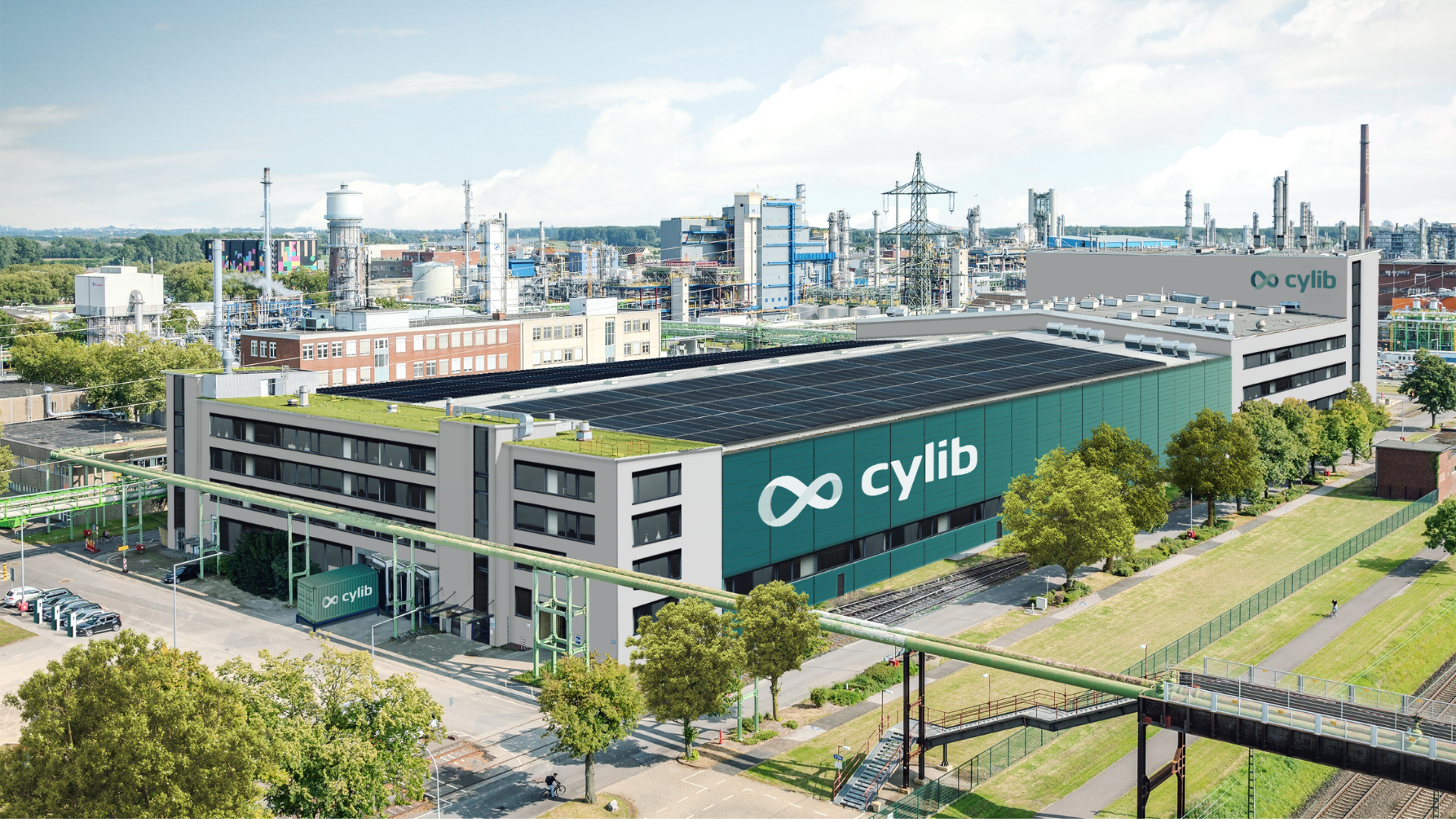

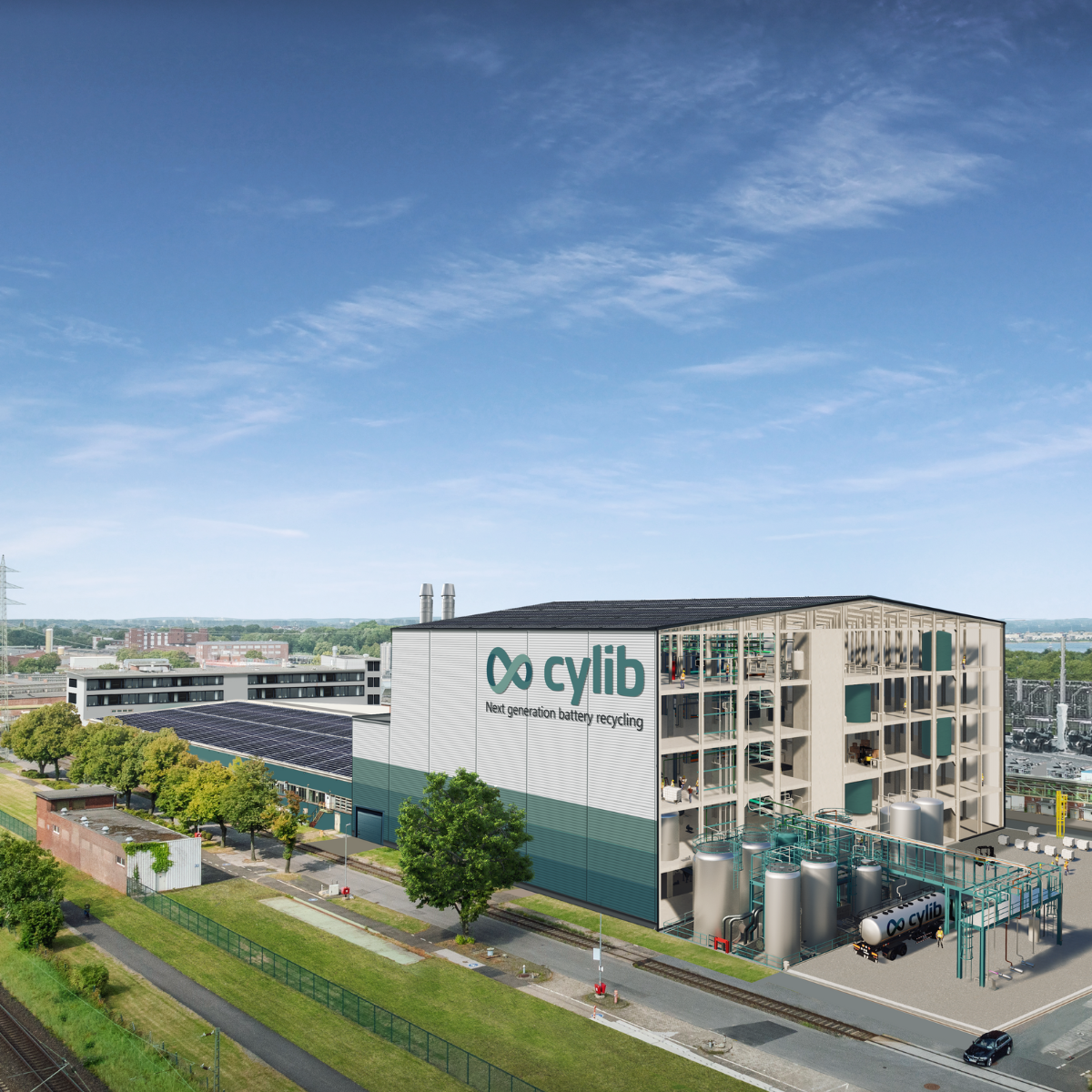
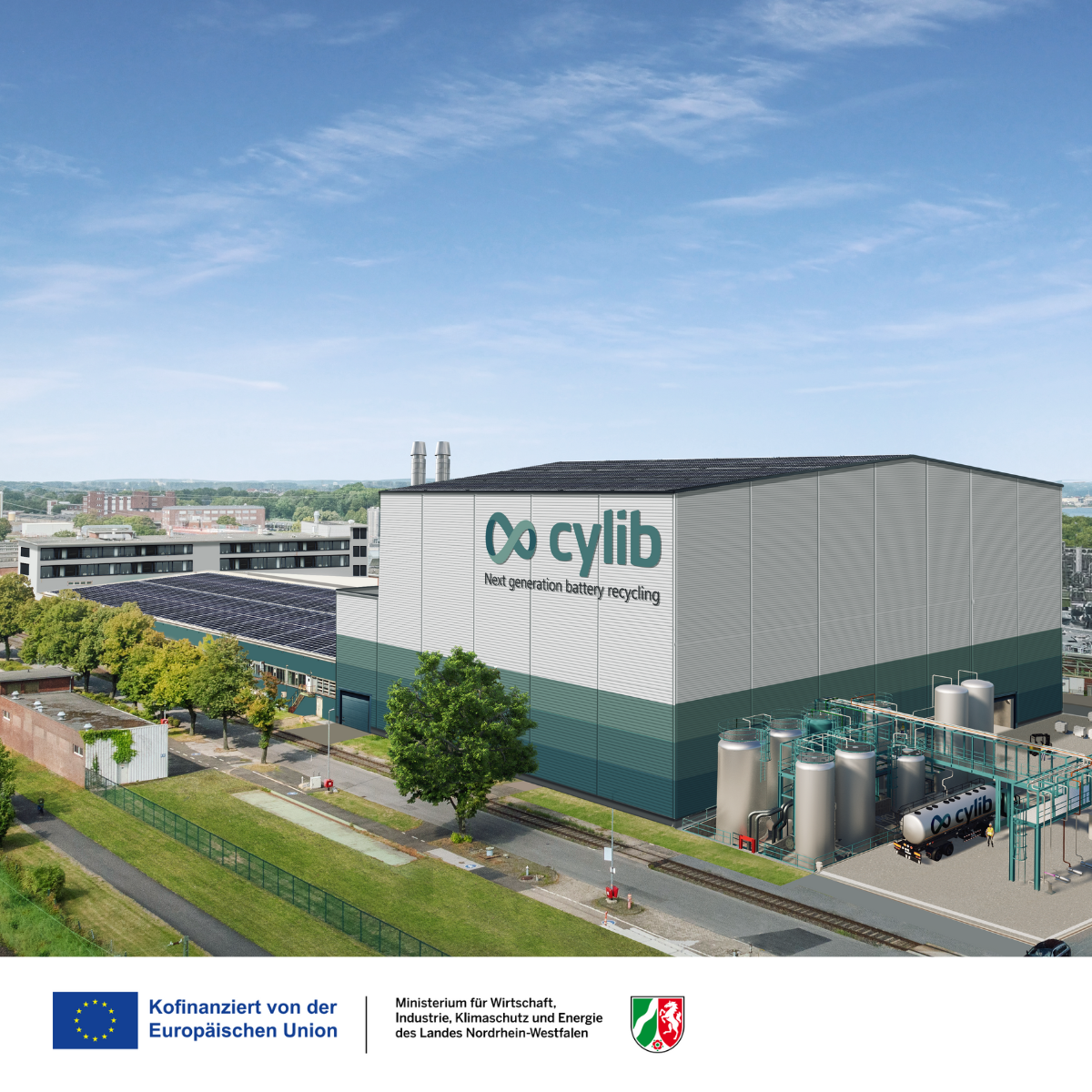
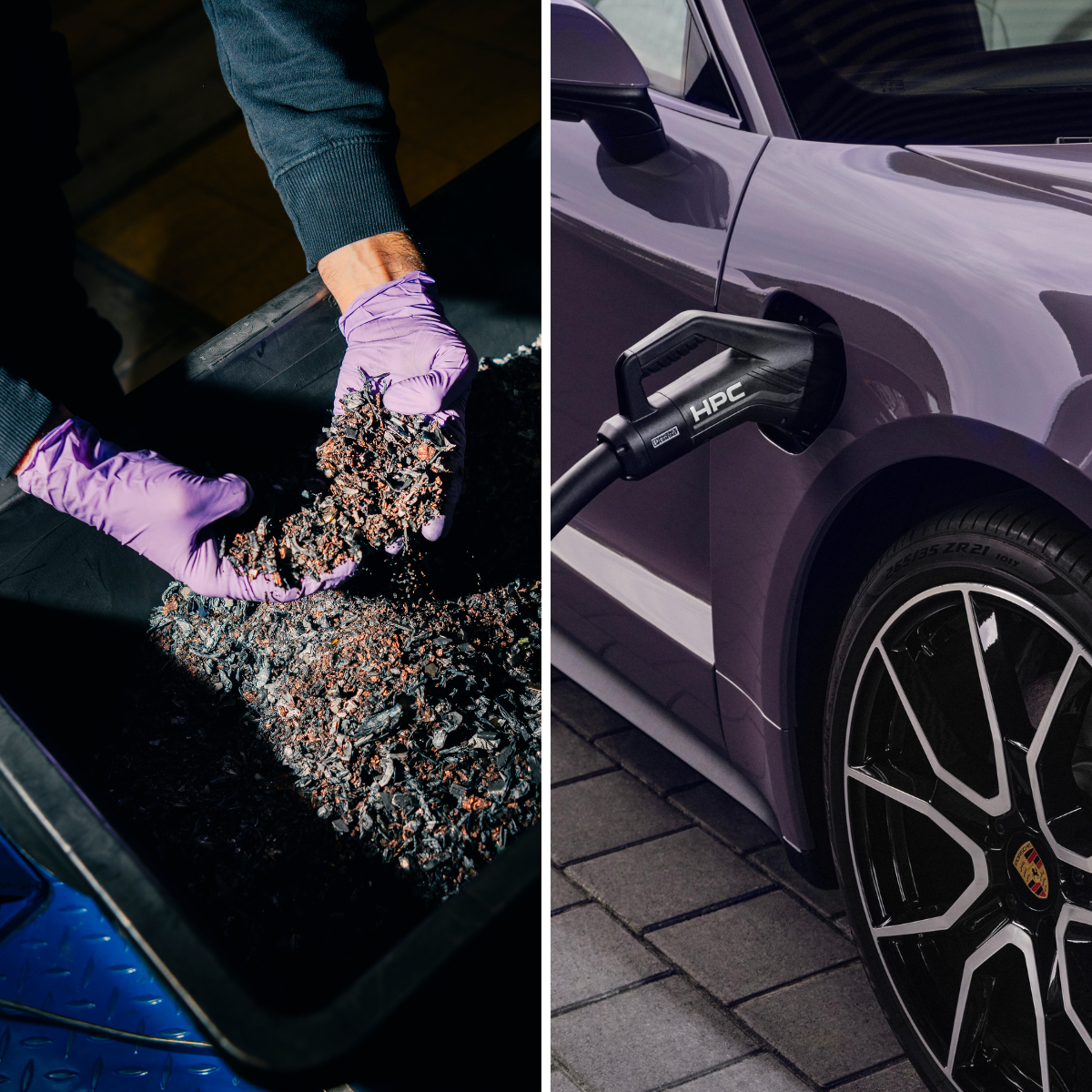
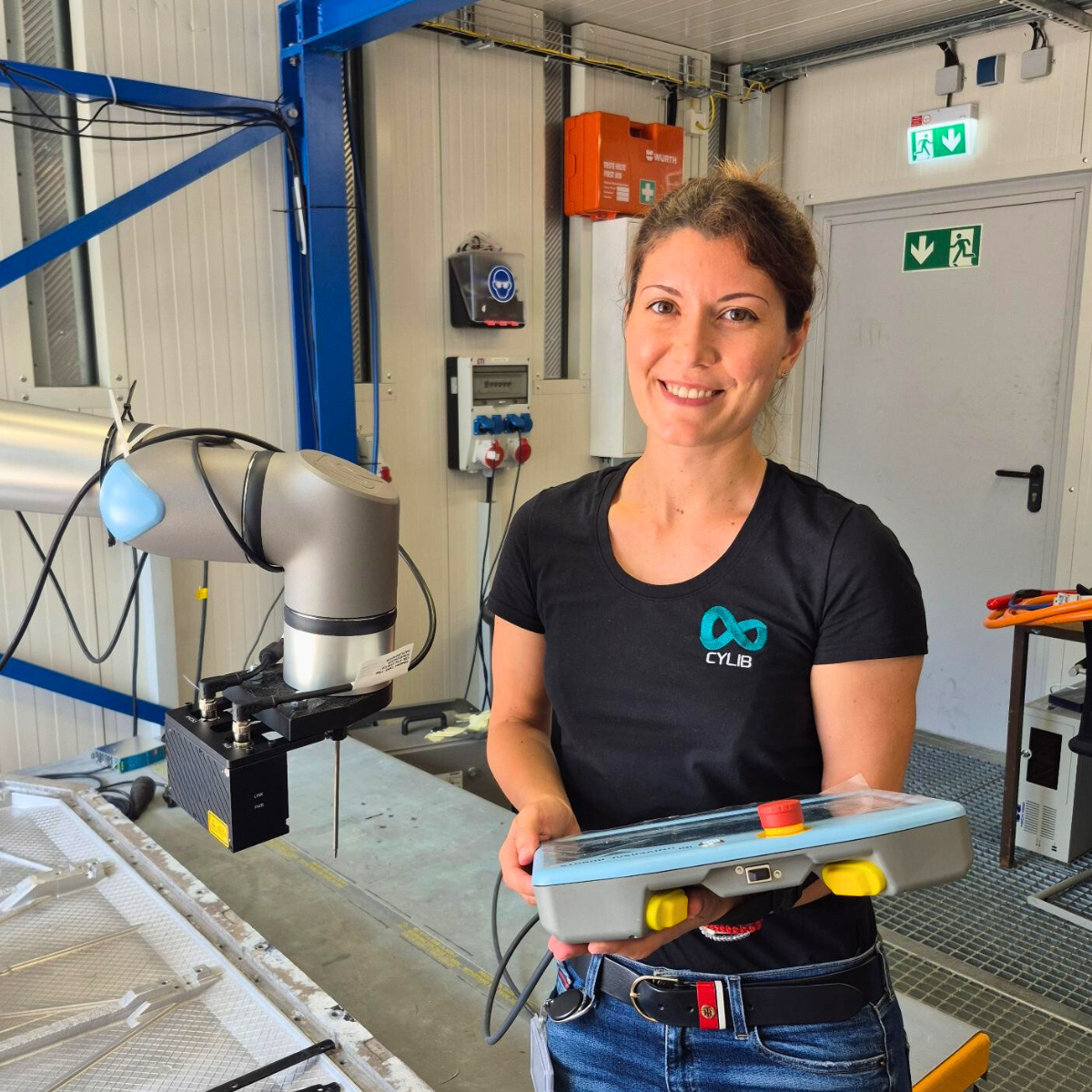



.png)


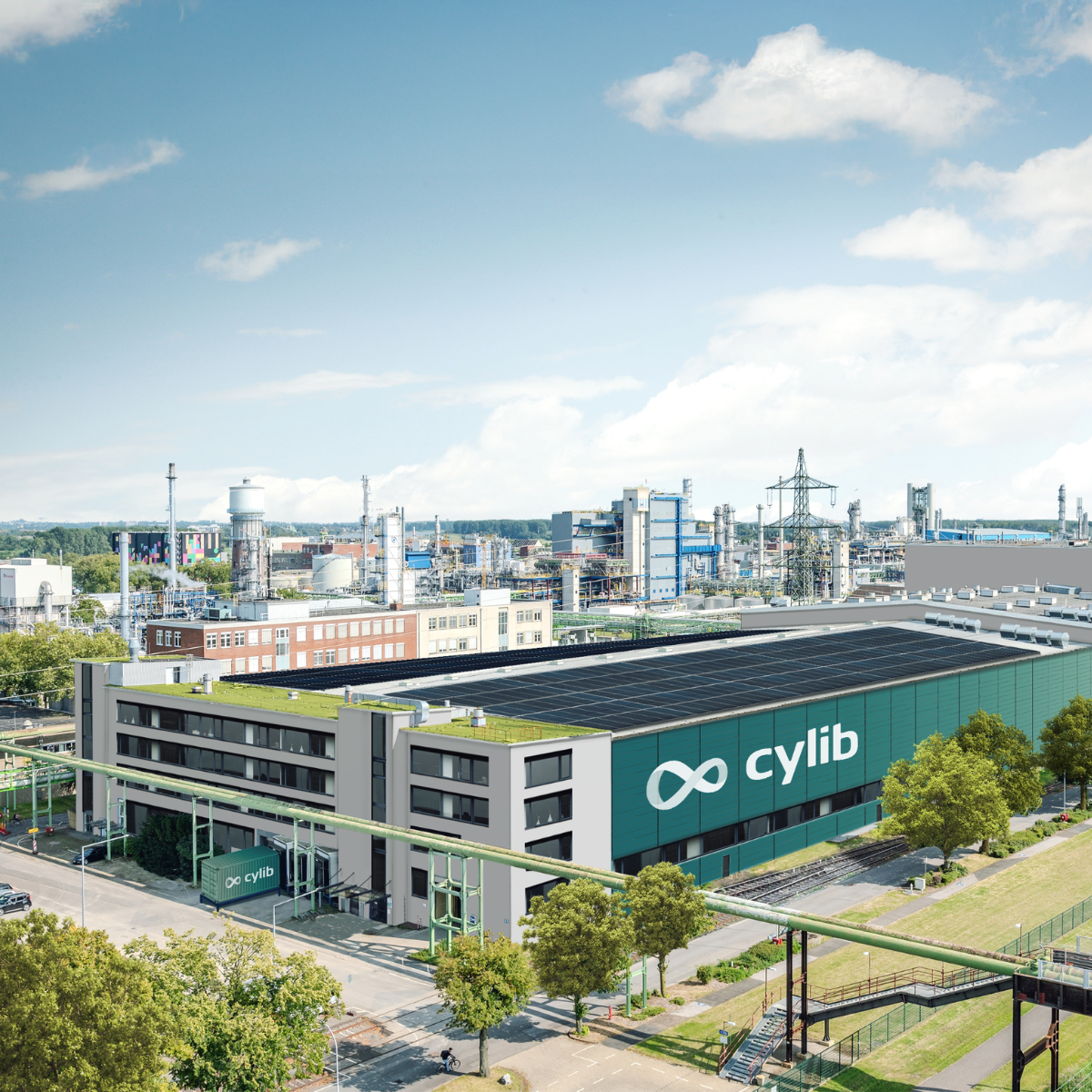
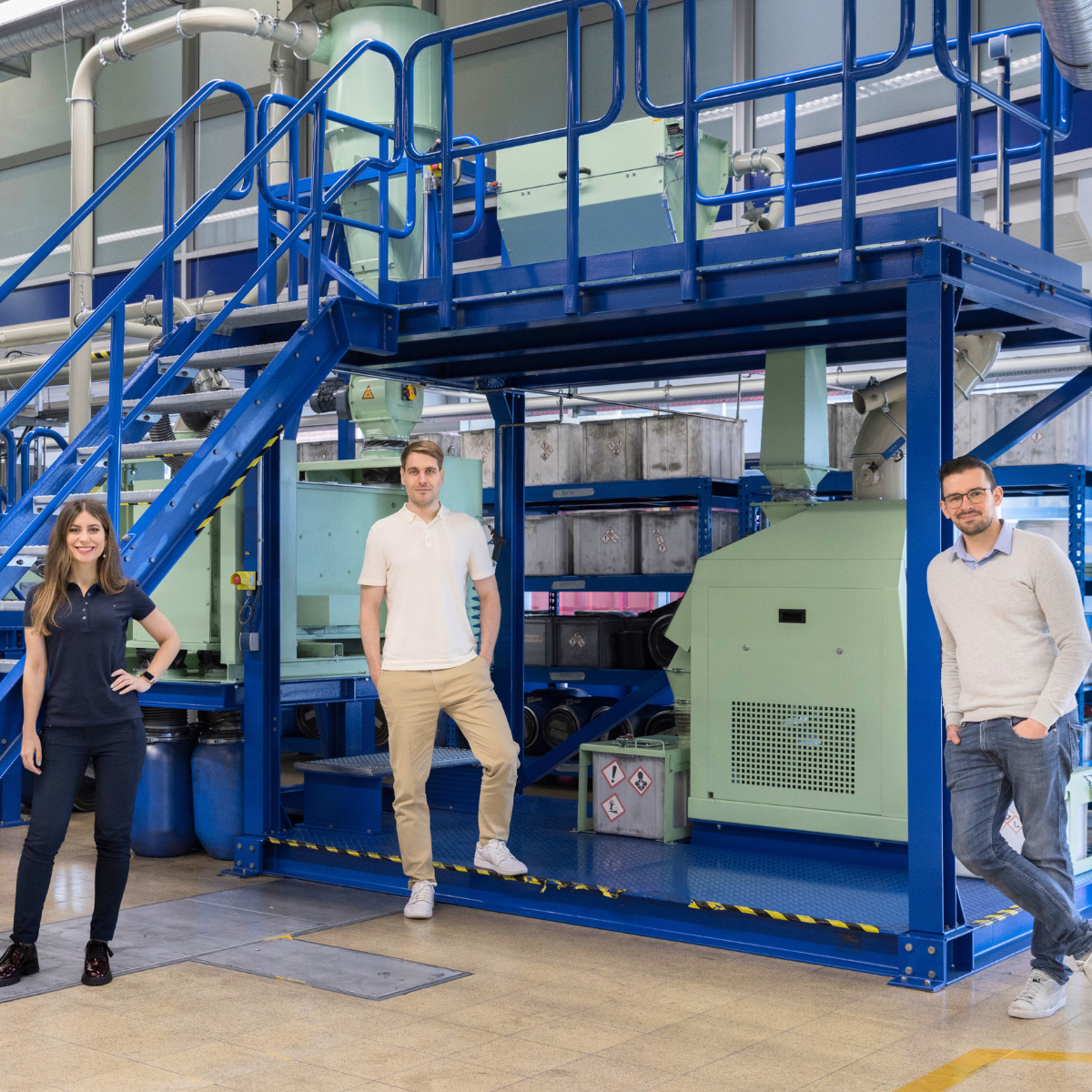
.png)




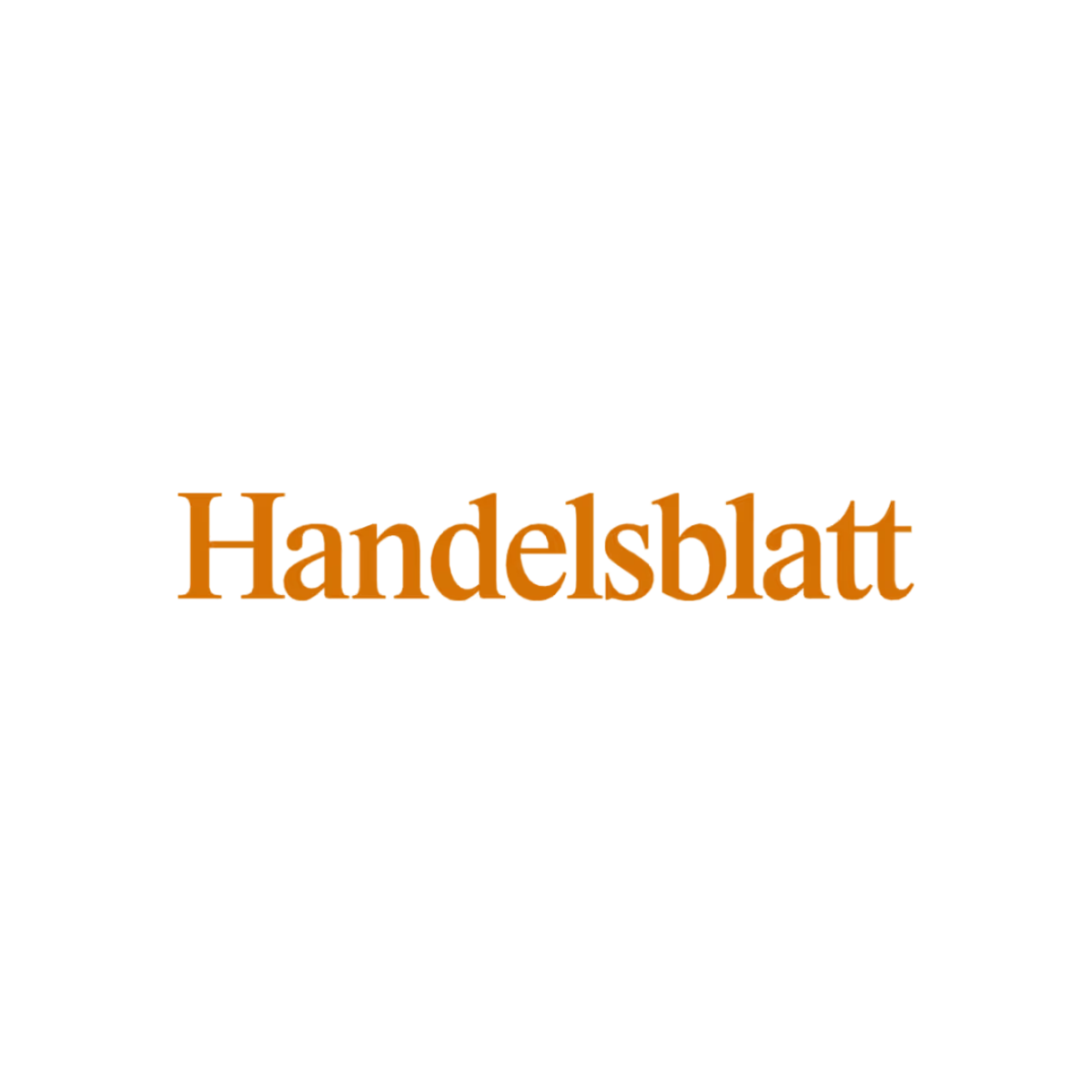

.png)

